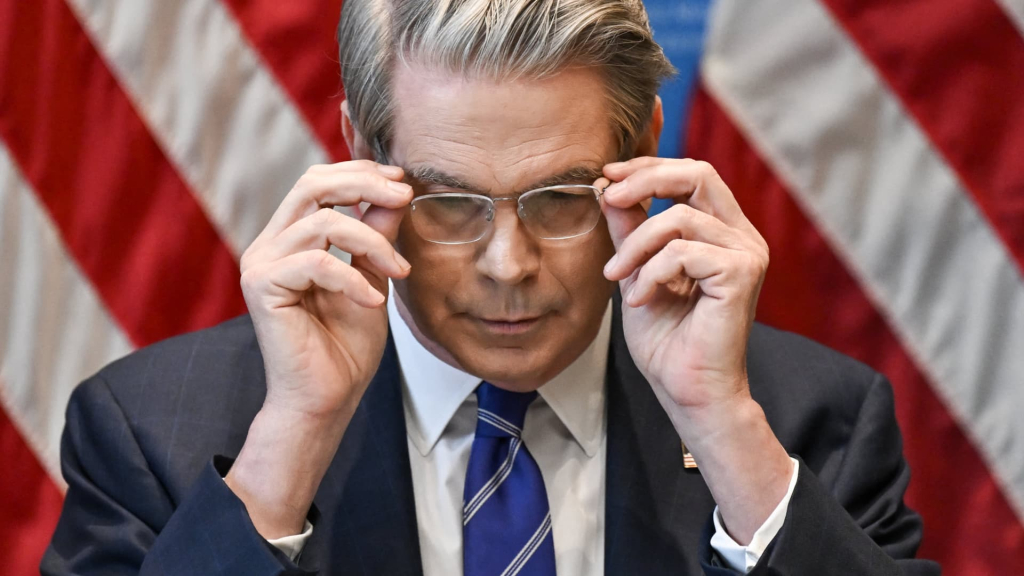Treasury Secretary Scott Bessent reported on Monday that the recent trade agreement marks a significant step in the United States’ efforts to reduce its dependence on Chinese imports.
While discussions about the U.S. “decoupling” from affordable goods sourced from China have been ongoing for several years, the transition has been gradual and is unlikely to result in a complete separation.
Bessent emphasized that specific aspects of decoupling are essential to American interests. In 2024, the U.S. imported approximately $440 billion worth of goods from China, leading to a trade deficit of $295.4 billion.
“Our goal is not to pursue a general decoupling from China,” he stated during a segment on Finance Newso’s “Squawk Box.” “Instead, we seek a decoupling focused on strategic necessities, which we failed to secure during the Covid pandemic, highlighting that efficient supply chains do not equate to resilient ones.”
As the pandemic hit in 2020, there was a notable shift in U.S. demand, leaning away from services and toward goods, causing complications in sourcing materials for various products like household appliances and vehicles. The technology sector, heavily reliant on semiconductors, was also adversely affected, contributing to the highest inflation rates in the U.S. in over four decades.
While the specifics of the U.S.-China agreement remain vague, U.S. officials have indicated that reciprocal tariffs will be suspended, although the existing 10% duties will continue to apply.
“We will develop our own steel. [Tariffs] serve to protect our steel industry and are relevant for critical medications and semiconductors,” Bessent noted. “We are advancing this agenda, and the reciprocal tariffs do not relate to those specific industry tariffs.”
The pact effectively introduces a 90-day moratorium, ceasing reciprocal duties while maintaining the 10% tariff and a 20% levy associated with fentanyl.
Bessent expressed optimism regarding the fentanyl situation, asserting that Chinese authorities are now seriously committed to assisting the U.S. in curbing the flow of precursor drugs. He did not specify when additional discussions might take place but indicated they are anticipated within the next few weeks.


























